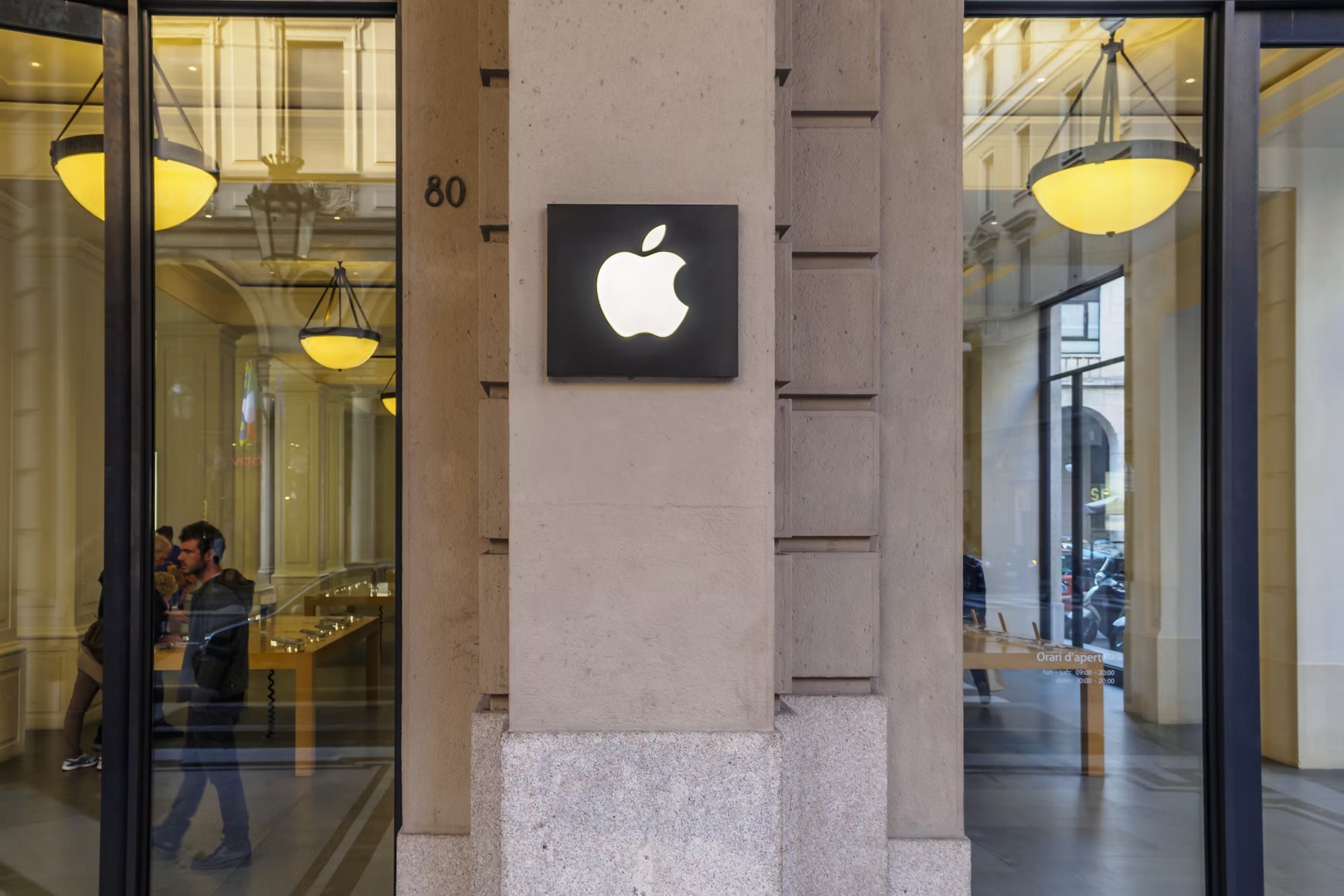
Apple is attempting to get a judge to toss a lawsuit brought by Elon Musk’s xAI that accuses the company of anti-competitive favoritism on its App Store charts. In August, Musk had publicly claimed that Apple’s partnership with OpenAI meant that rival chatbots, such as xAI’s Grok, were unable to reach the top spot on the iPhone charts. Now, Apple’s lawyers have responded in a new court filing, arguing that the company did nothing wrong. The motion to dismiss the lawsuit, which was filed in a federal court in Fort Worth, Texas, says that the antitrust injuries alleged by xAI are based on “speculation on top of speculation.”
The Arguments of Both Sides
The lawsuit claims that Apple and OpenAI have “locked up markets to maintain their monopolies and prevent innovators like X and xAI from competing.” Apple’s lawyers, however, argue that the lawsuit suggests the company would have to partner with “every other generative AI chatbot—regardless of quality, privacy or safety considerations, technical feasibility, stage of development, or commercial terms.” They add that the antitrust laws do not require such a thing. Furthermore, Apple’s legal team has stated that it is “widely known that Apple intends to partner with other generative AI chatbots” away from OpenAI, which is a likely reference to rumors of a potential partnership with Google’s Gemini to help power a future version of Siri.
Soon after Musk’s initial comments, OpenAI CEO Sam Altman fired back on X, saying that Musk’s claim was “a remarkable claim given what I have heard alleged that Elon does to manipulate X to benefit himself and his own companies and harm his competitors and people he doesn’t like.”
A Broader Legal and Competitive Context
The lawsuit from xAI is part of a broader landscape of legal challenges for Apple. The company has a history of legal battles over its App Store, including an ongoing case with Epic Games. The allegations in Elon Musk’s lawsuit also mirror those brought by the U.S. Department of Justice, which sued Apple in 2023 for allegedly monopolizing the smartphone market. This is not the first legal battle between Musk and OpenAI, as Musk had previously sued the company and its CEO Sam Altman to block its conversion from a nonprofit to a for-profit business.
What The Author Thinks
This lawsuit is a new front in the ongoing AI wars, and it highlights a fundamental tension between a platform’s control and the demands of competition. While Apple’s claim that its deal with OpenAI is not exclusive may be technically true, the lawsuit raises valid questions about whether a dominant platform can truly be an impartial arbiter in a market where it has a vested interest. The resolution of this case will set a crucial precedent for how antitrust laws are applied to AI, and it will determine whether a platform’s “choice” of a partner is a simple business decision or an anti-competitive act that stifles innovation. The fight is not just about App Store rankings; it’s about who gets to control the future of AI on a massive scale.
Featured image credit: Alexander Schimmeck via Unsplash
For more stories like it, click the +Follow button at the top of this page to follow us.
